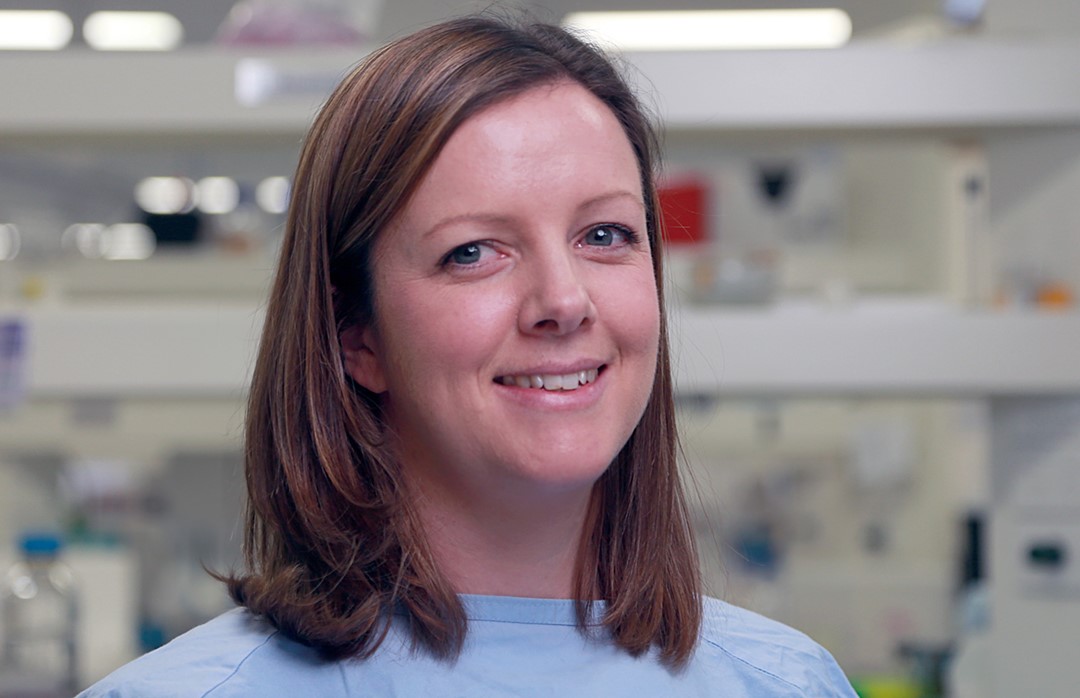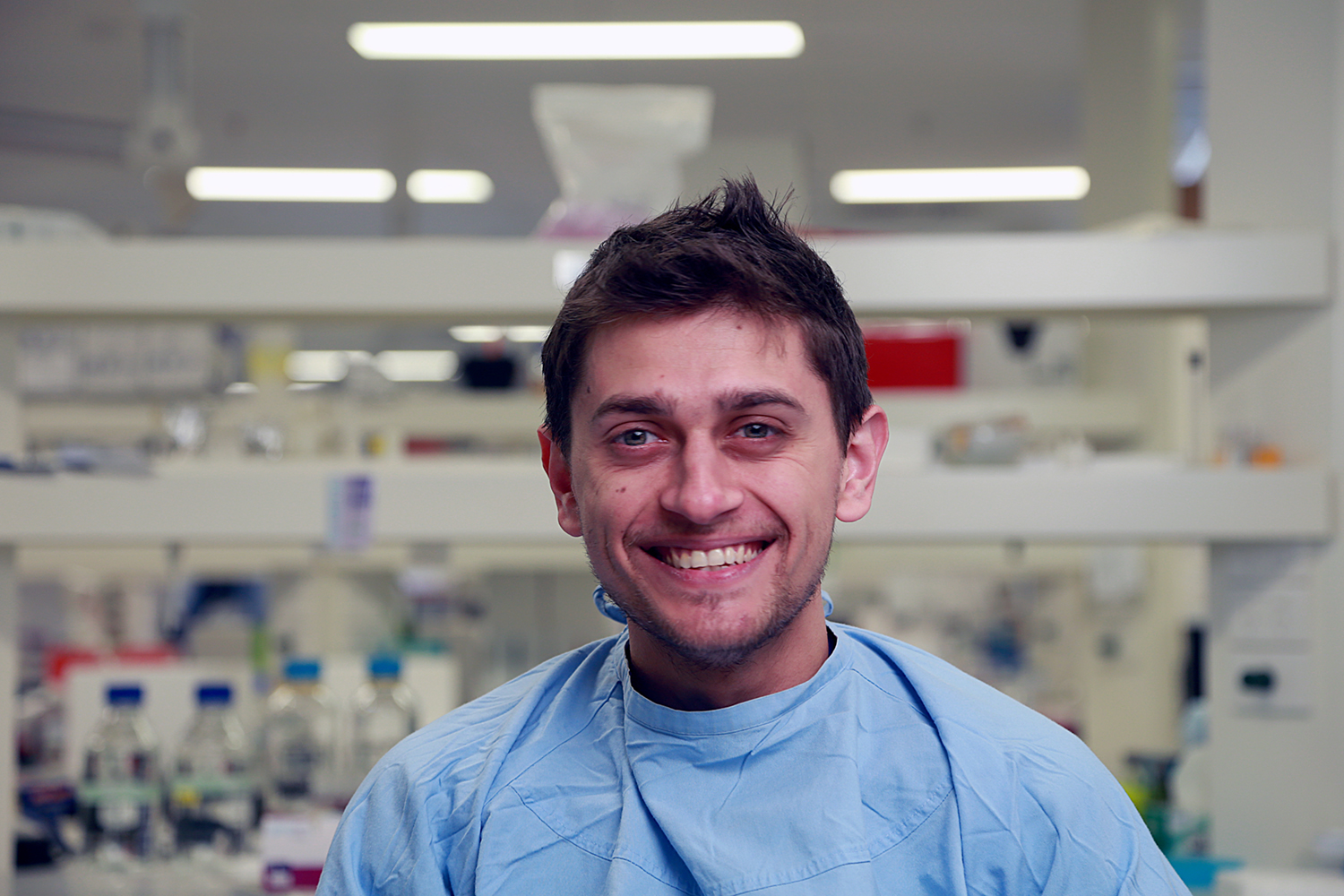Current Scholarships

Investigating novel mechanisms in pulmonary hypertension
Early Career Research Grant: Dr Kristen Bubb
Dr Kristen Bubb was awarded an Early Career Researcher Grant, which allows her to pursue her research interests, develop as an independent scientist and mentor a PhD student. This grant supports Dr Bubb’s project on novel mechanisms in pulmonary hypertension. She also supports and mentors PhD student Dr Thomas Hansen.
The project Kristen is currently working on is investigating unknown causes and potential treatment options for pulmonary arterial hypertension (high blood pressure in the arteries in the lungs).
This disease has a 100% mortality rate, with up to 50% of patients dying within five years of diagnosis. It is a rare disease but nevertheless is devastating for those who suffer from it. It often affects younger populations, people who are normally very independent and functional. The patient’s quality of life is poor, as they suffer from shortness of breath, dizziness, fatigue and chest pain.
This is due to the rise in blood pressure in the lung circulation which is caused by changes in the cells that line the pulmonary arteries. These changes can cause the walls of the arteries to become stiff and thicken. The blood vessels may also become inflamed and tight.
Changes in the pulmonary arteries can reduce or block blood flow through the blood vessels which makes it harder for blood to flow, raising the blood pressure in the pulmonary arteries. As a consequence of this increased pressure the blood can build up behind the lungs, in the right side of the heart. This can result in the right-side heart having to pump harder to move the blood and it achieves this at first by the heart muscle growing larger and the chamber increasing. However, eventually the right side of the heart will fail due to the extra load and this is what causes death in most patients.
The research team have been working on a protein called FXYD1 for many years, and have shown the role that this protein has in protecting the heart from damage from free radicals. Kristen has been investigating this protein in the blood vessels and have found that when it is absent the blood vessels have excessive free radical production and lose their ability to fully relax. Therefore, for my current project I proposed that this protein may be important in the pulmonary vasculature (lung blood vessels) and could be dysfunctional in patients with pulmonary hypertension.
Despite a number of different treatments currently available, patients ultimately need to be considered for lung transplantation, especially if they develop decompensated right-sided heart failure despite optimal medical management.
Our project has the real potential to translate into a life-saving treatment for patients with pulmonary hypertension. Improving pulmonary vascular health in these patients will likely improve their symptoms and quality of life, and as a result greatly impact patients’ families who are just as significantly affected by this disease as any other chronic debilitating and progressive illness.

Improving the identification and treatment of patients with cardiovascular disease
PhD Scholarship (1 year): Dr Thomas Hansen
Dr Hansen is a medical doctor with a particular interest in interventional cardiology, and is undertaking a PhD in basic and translational cardiovascular research.
With an overall aim of improving the identification and treatment of patients with cardiovascular disease, Dr Hansen works in Professor Gemma Figtree’s lab, and is mentored by Dr Kristen Bubb.

Evaluating the effect of hospitalisation on family members’ psychological, behavioural and physiological cardiovascular risk factors
PhD Scholarship (1 year): Monica Ruckholdt
Monica is a registered nurse who has extensive experience in both nursing and laboratory research. Monica’s PhD project is focused on evaluating the effect of hospitalisation on family members’ psychological, behavioural and physiological cardiovascular risk factors.
The stress of hospitalisation of a family member has been linked to an increased risk of heart attack, but until now has not been well studied.
Working with Associate Professor Tom Buckley, and our Chair of Preventive Cardiology Professor Geoffrey Tofler, Monica aims to grow understanding and provide insights into preventative approaches.
